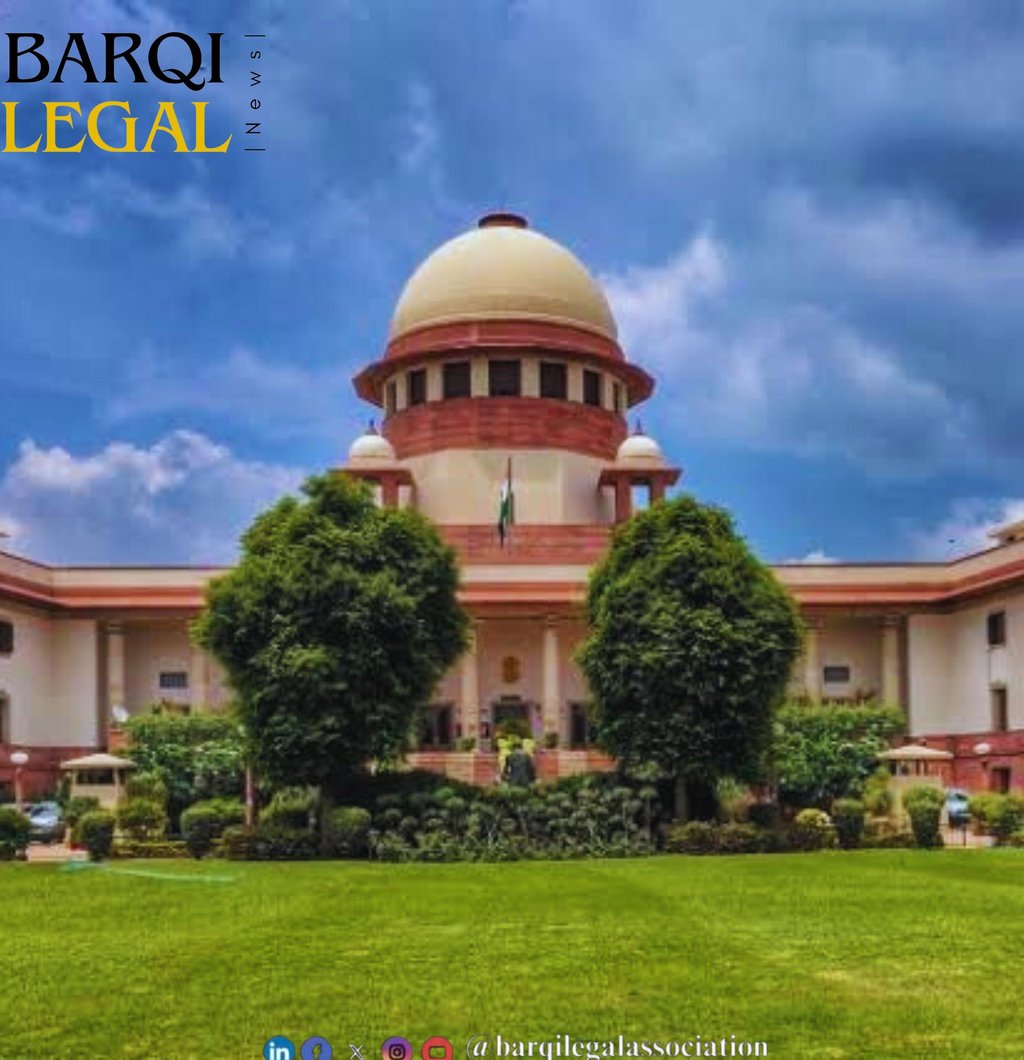Supreme Court: Arbitral Award Need Not Be Overturned Solely Due to Insufficient Reasoning
The Supreme Court clarified that courts may only set aside arbitral awards if the reasoning within them is found to be perverse, emphasizing a distinction between awards with perverse reasoning and those with merely inadequate or insufficient explanations.
10/7/20242 min read


The Supreme Court clarified that courts may only set aside arbitral awards if the reasoning within them is found to be perverse, emphasizing a distinction between awards with perverse reasoning and those with merely inadequate or insufficient explanations. In the case of OPG Power Generation Private Limited vs. Enexio Power Cooling Solutions India Private Limited and Anr., a Bench comprising Chief Justice DY Chandrachud and Justices JB Pardiwala and Manoj Misra addressed when judicial intervention in arbitral awards is appropriate. The Court held that where an award contains discernible reasoning, even if it seems inadequate, the court should refrain from setting it aside and may instead clarify the reasoning for improved understanding. According to the Bench, if an award’s reasoning is intelligible and the underlying basis—legal or factual—is clear and not perverse, the court need not intervene under Sections 34 or 37 of the Arbitration and Conciliation Act, 1996. Instead, the court can elucidate the rationale to facilitate a better grasp of the award without modifying the tribunal’s original reasoning.
This observation was made while dismissing appeals against a Madras High Court Division Bench’s decision that reinstated a July 2020 arbitral award in a contractual dispute between OPG Power Generation Private Ltd, a Gita Power subsidiary, and Enexio Power Cooling Solutions. Enexio was awarded the contract for designing, manufacturing, supplying, erecting, and commissioning air-cooled condensers at OPG’s Gummidipoondi Thermal Power Plant in Tamil Nadu. Although a single judge initially set aside this arbitral award, the High Court’s Division Bench later restored it. The Supreme Court dismissed OPG’s appeal, ruling that there was no glaring error to deem the award patently illegal, perverse, or contrary to Indian public policy. The Court noted that the Division Bench had sufficiently addressed concerns about the tribunal’s reasoning related to the claim’s limitation period. The Supreme Court further stated that any omission by the arbitral tribunal was minor and did not impact the core of the award. Therefore, the High Court acted within its jurisdiction to clarify the tribunal’s underlying legal principles without altering the award’s reasoning. The Court concluded that the Division Bench’s decision contained no legal flaws.
Senior Advocate Abhimanyu Bhandari, along with advocates Aman Gupta, Arjun Sayal, and Shreyan Das, represented OPG Power Generation Private Limited, while Senior Advocates Gourab Banerji and Jayant Bhushan, along with advocates Mayank Mishra, Sarvesh Singh Baghel, Ayshwarya Chandra, Anukriti Kudesia, and Arun Pratap Singh Rajawat, appeared for Enexio Power Cooling Solutions India Private Limited.
